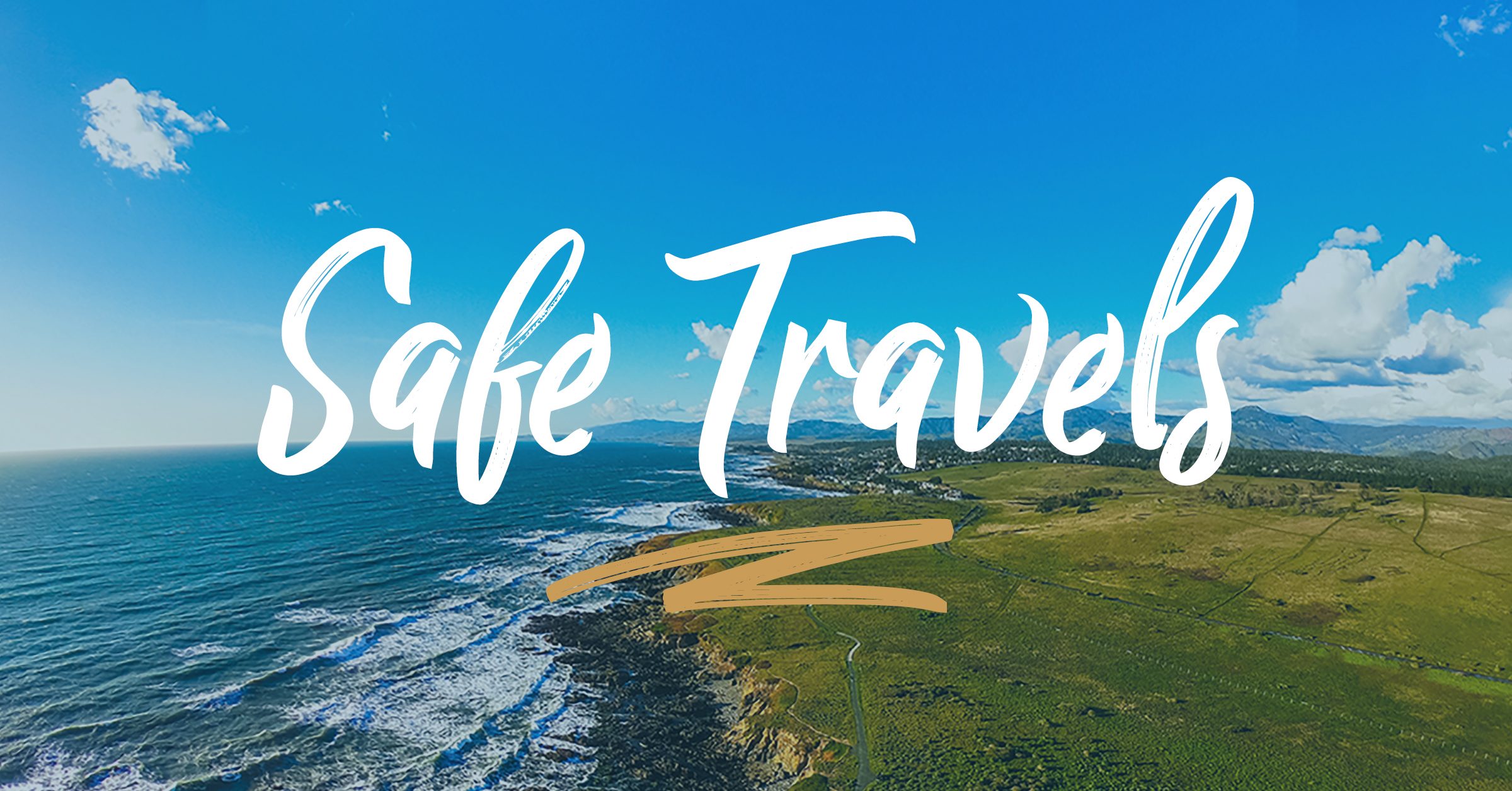Safe Travels can be an exciting adventure, but it’s important to prioritize safety to ensure a smooth and enjoyable experience. Whether you’re exploring a new city, going on a road trip, or traveling internationally, taking precautions can help you avoid potential risks and stay safe. This guide offers comprehensive advice on how to travel safely in 2024, covering everything from planning and packing to staying secure while on the move.
Planning Your Trip
Research Your Destination
Before you embark on your journey, it’s crucial to research your destination thoroughly. Understand the local culture, laws, and customs to avoid any unintentional offenses. Check travel advisories and the latest news for any potential risks or safety concerns. Knowing what to expect can help you prepare better and stay safe.
Travel Insurance
Investing in travel insurance is a smart move. It can provide coverage for medical emergencies, trip cancellations, lost luggage, and other unforeseen events. Make sure to choose a policy that suits your needs and includes comprehensive coverage.
Packing Smart
Essential Items
Pack a travel first-aid kit with basic medical supplies such as band-aids, antiseptic wipes, pain relievers, and any prescription medications you might need. Include a copy of important documents like your passport, insurance policy, and emergency contact information.
Avoid Overpacking
Safe Travel light to avoid the hassle of carrying heavy luggage and to reduce the risk of losing your belongings. Bring versatile clothing that can be layered for different weather conditions and limit valuable items to avoid attracting unwanted attention.
Staying Safe While Traveling
Transportation Safety
When using public transportation, keep an eye on your belongings and be cautious of pickpockets. Opt for reputable taxi services or ride-sharing apps, and always check that the driver matches the details provided by the app. If you’re renting a car, ensure it’s in good condition and familiarize yourself with the local driving laws.
Accommodation Security
Choose accommodations with good security measures, such as hotels with 24-hour front desk services and secure locks on doors and windows. Use the hotel safe to store valuables and avoid sharing your room number or personal details with strangers.
Health and Hygiene
Vaccinations and Health Precautions
Stay updated on necessary vaccinations for your destination. Follow health advisories and take precautions against common travel illnesses. Carry hand sanitizer and practice good hygiene to prevent infections.
COVID-19 Considerations
In light of the ongoing pandemic, follow local COVID-19 guidelines and regulations. Wear masks, maintain social distancing, and regularly sanitize your hands. Keep abreast of travel restrictions and requirements for testing or quarantine.
Communication and Connectivity
Stay Connected
Keep your phone charged and have a backup power source. Inform a trusted person about your travel plans and check in regularly. Having reliable internet access can help you navigate and stay informed.
Emergency Contacts
Know the local emergency numbers and have the contact information for your country’s embassy or consulate. This can be invaluable in case of emergencies or if you need assistance while abroad.
Money and Valuables
Handling Cash and Cards
Carry a small amount of cash for emergencies but rely on credit or debit cards for most transactions. Use ATMs in well-lit, secure areas, and avoid counting cash in public. Monitor your accounts regularly for any unauthorized transactions.
Protecting Valuables
Keep valuables like electronics, jewelry, and important documents secure. Use anti-theft bags and keep your belongings close to your body, especially in crowded areas. Consider using money belts or hidden pockets for added security.
Cultural Awareness and Respect
Local Customs
Respect local customs and traditions to avoid misunderstandings and conflicts. Dress appropriately, especially in conservative areas, and be mindful of cultural norms regarding behavior and etiquette.
Language
Learning a few basic phrases in the local language can go a long way. It shows respect and can help you navigate better. Carry a translation app or a phrasebook to assist with communication.
Food and Water Safety
Eating Safely
Choose restaurants and food vendors that look clean and have good reviews. Avoid raw or undercooked foods, and be cautious with street food. Peel fruits and vegetables to reduce the risk of contamination.
Drinking Water
Drink bottled or filtered water, and avoid ice cubes in areas where water quality is questionable. Use water purification tablets or portable filters if you’re traveling to remote locations.
Staying Alert
Situational Awareness
Be aware of your surroundings and trust your instincts. Avoid risky areas, especially at night, and stay in well-lit, populated places. If something feels off, it’s better to leave and find a safer location.
Avoiding Scams
Travel scams are common in tourist areas. Be skeptical of deals that seem too good to be true and avoid sharing personal information. If approached by strangers offering unsolicited help or asking for donations, politely decline and walk away.
Conclusion
Traveling safely requires a combination of preparation, awareness, and caution. By following these tips, you can minimize risks and enjoy your journey with peace of mind. Remember that safety is a priority, and taking a few extra steps can ensure that your lifestyle travels are both enjoyable and secure. Safe travels in 2024!
FAQs
What should I include in a travel first-aid kit?
A travel first-aid kit should include band-aids, antiseptic wipes, pain relievers, prescription medications, and any other essential medical supplies you might need during your trip.
How can I ensure my accommodation is secure?
Choose accommodations with good security measures, such as hotels with 24-hour front desk services and secure locks. Use the hotel safe to store valuables and avoid sharing your room number or personal details with strangers.
What are some tips for staying healthy while traveling?
Stay updated on necessary vaccinations, follow health advisories, practice good hygiene, and carry hand sanitizer. In light of COVID-19, follow local guidelines, wear masks, and maintain social distancing.
How can I keep my money and valuables safe?
Carry a small amount of cash and use credit or debit cards for most transactions. Use ATMs in secure areas and monitor your accounts for unauthorized transactions. Keep valuables in anti-theft bags and close to your body.
Why is it important to respect local customs?
Respecting local customs and traditions helps avoid misunderstandings and conflicts. It shows respect for the culture and ensures a more pleasant travel experience. Dress appropriately and be mindful of local norms regarding behavior and etiquette.

